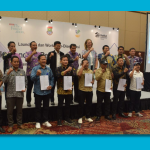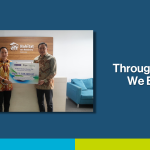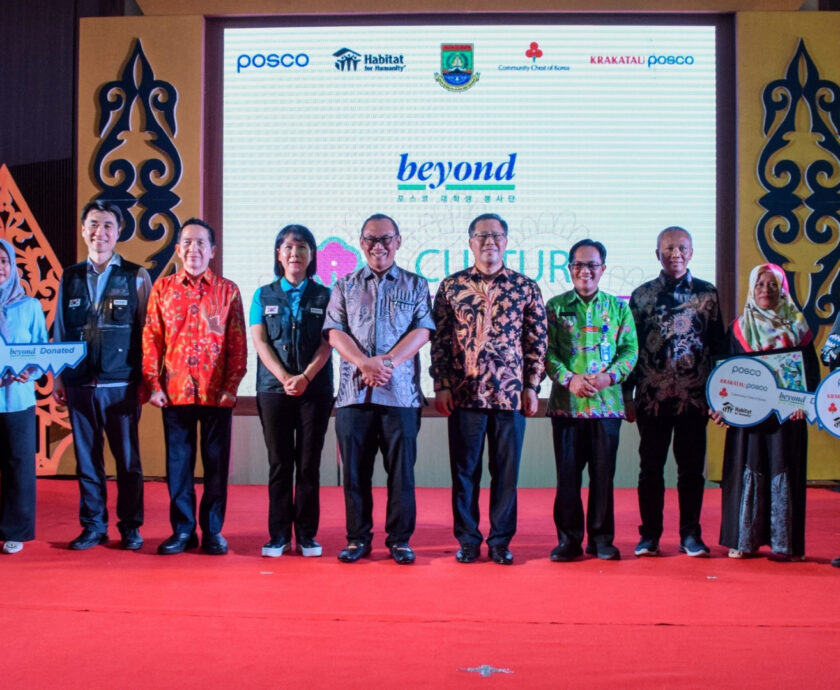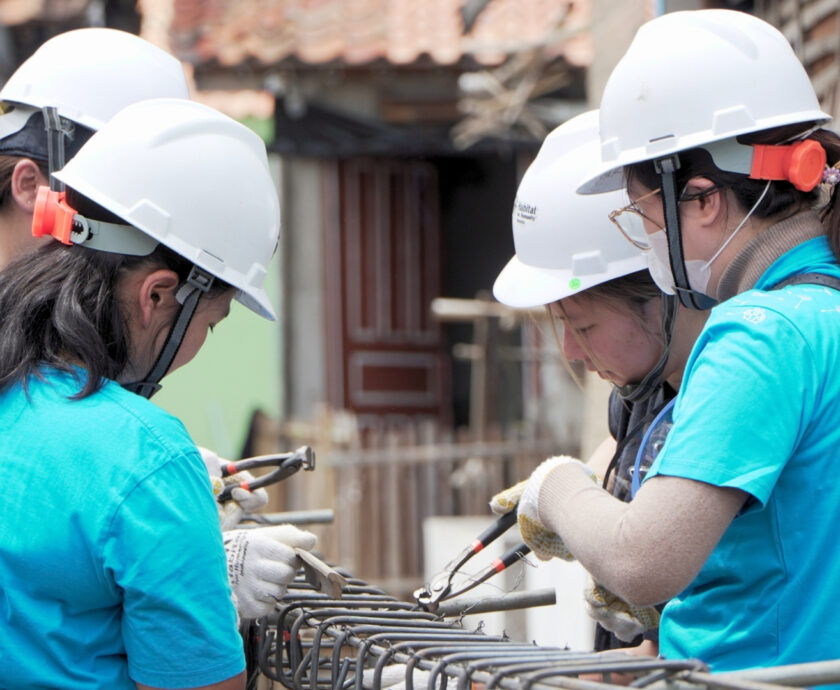Bali, 5 October 2022 – the working group on SDGs & Humanitarian together with the working group on Environment, Climate Justice, and Energy Transition, from Civil 20 successfully organized a joint discussion on the topic “Resilient Housing Amid Climate Change Phenomenon”. This discussion was attended by more than 60 participants from various countries both online and offline at the Hilton Resort, Bali.
“The number of the world’s population living in unfit housing areas will grow from 1 million to 3 million by 2050. Unfortunately, efforts to meet decent housing are hampered by problematic land permits, housing planning that is inaccessible to low-income groups, and minimal investment in low-cost housing,” said Rebecca Ochong, Habitat for Humanity International.
Rebecca on this occasion also talked about equitable access to housing for all. She mentioned that there are about 1 billion human populations in the world living in poverty housing. This has an impact on the stigma that considers the existence of this population to be less important than others.
“In addition, this condition makes it difficult for them to access basic services such as clean water and sanitation. These populations also have no land rights and are the most vulnerable to climate change,” Rebecca said.
Two solutions have been offered by Andreas Hapsoro (Habitat Indonesia) and Eka Arina (The Prakarsa). According to Hapsoro, housing development needs to uphold the principle of people-centered which provides a space for participation for local communities in planning housing that is resilient to climate change and natural disasters. Hapsoro also explained some examples of climate adaptation models that can be done by people from the housing sector. To be able to help populations that are vulnerable to climate change because they occupy poverty housing, it takes a commitment to put communities at the forefront of understanding the impact of climate change on their lives.
Hapsoro asks relevant stakeholders to make commitments in strengthening technical expertise in using approaches, tools, and processes that lead to climate change adaptation and mitigation strategies and integrating in programs, operations, and support through homebuilding and renovation, disaster preparedness and resilience, disaster response and recovery, volunteer engagement, community education, advocacy, and housing market development.
Meanwhile, according to Eka, handling poverty and the housing crisis needs to be integrated into adaptive social protection schemes by creating a multidimensional poverty index as an indicator of poverty alleviation.
Eka also said that the increase in urbanization accompanied by various devastating shocks due to climate change and the potential for natural disasters, urban areas will become ‘new homes’ for poverty. “Where their households have limited resources to reduce, adjust and recuperate from shocks. So disaster recovery starts from minus, not zero,” she said.
To overcome this problem, said Eka, a new perspective is needed in seeing the problem of poverty and housing problems in the midst of climate change, namely through a multi-dimensional poverty approach.




